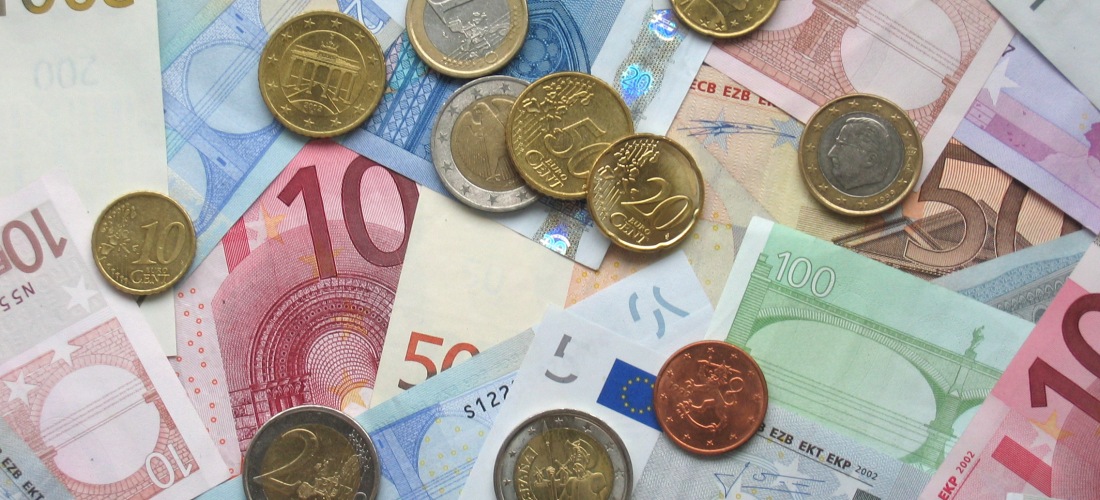Greece is rapidly becoming one of the most unfree countries in Europe.* For many years now, our bank accounts have been monitored by the tax authorities and every transaction must be accounted for in our tax return. In principle, the government can also take money directly from our accounts for unpaid tax. Although I do not believe that this has been used, the fact that it is structurally possible is shocking. (CORRECTION – they HAVE done this. In just the first half of 2016 money was confiscating from 151,ooo bank accounts, for example – from Kathimerini).
But the greatest hindrance to freedom in Greece is the prohibitive level of taxation and bureaucracy. Greeks are enterprising people in general, but many small businesses find themselves unable to meet their tax obligations despite running reasonable successful (relative to the current situation) businesses. Almost any profit an individual or small company makes goes towards paying extortionate social security payments or equally extortionate taxes.
Recent “luxury” taxes on certain products will have an effect over the coming year, on both a human and economic level. The price of a kilo of coffee has gone from around €9 to around €14 in under a year because of these types of taxes. This will have the obvious effect of reducing consumption (putting many of the smaller coffee distributors out of business), but it will also have the effect of making the simple act of going for coffee with friends more expensive. The actual revenue that is brought in by these measures will most likely fail to make even a small dent in Greece’s massive national debt.
Starting a business is even more daunting. Obviously, Greece has been through many years of crisis and the economy is doing very badly. But you would think that in a situation like that, the government would want to make it easier for people to produce money, rather than harder. In fact, it has long been the rhetoric of Greece’s European “partners” that they want to liberalise the Greek economy and labour market, making it easier to do business. They have focused on making wages lower, destroying job security and making it easier to fire people.
But alongside this there has been a relentless increasing of taxes and social security contributions, especially for self-employed people (coupled with a decrease in what is received from the state in return). How can they claim that they want to liberalise the economy when they insist on laws that bankrupt businesses before they’ve even had a chance to fail on the market? What is the incentive for employers to hire people legally if that means almost doubling the amount they spend on each employee?
For small companies this is an special problem. A small bar opening up may be able to afford to pay an employee a passable salary even given the crisis, but they may not be able to afford to pay almost double this. This discourages both giving people jobs and even opening a business in the first place. If the members of the troika actually wanted their money back at any point they would be moving quickly to reduce the burden of excessive taxation on individuals and businesses.
How can there be a hope of recovery when people cannot even make small steps by themselves to alleviate their situation? It feels like every avenue is being blocked in Greece and not by the economic situation, but by the interfering, excessive and complex laws supposedly designed to solve the problem. I am afraid that Greece will be killed by these “helpful” solutions.
*Also, like many other countries in Europe, Greeks have been compelled for decades to carry ID cards that must be presented to the police on demand at all times, regardless of whether the citizen is suspected of a crime – a clear violation of the presumption of innocence. I hope to write something in the future on the problems with compulsory identification.

